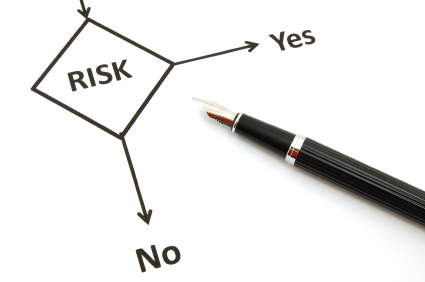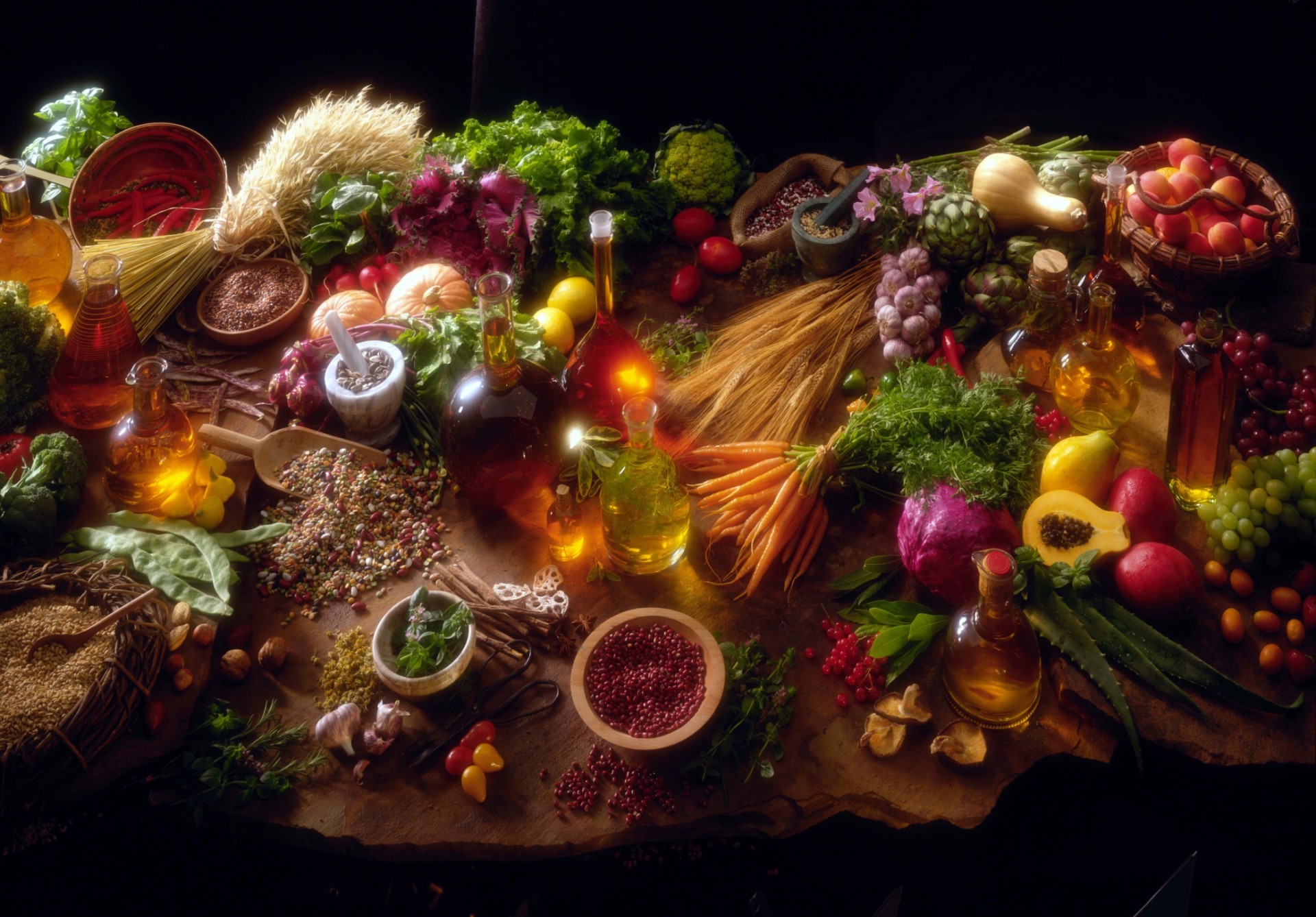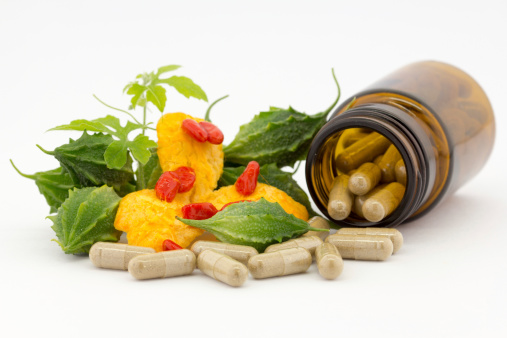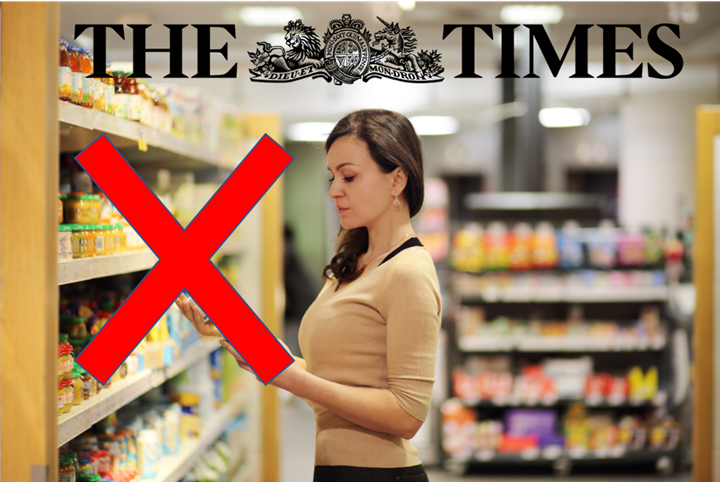More and more people are turning to food supplements to support their health. Scientific evidence that they work and are safe are the two top drivers of consumer choice. Some use them as an antidote to less than perfect diets, others to protect against declining nutrient contents in food or because they can’t or choose not to eat certain foods. But turn to the media for information and you could end up seriously confused about their benefits (or otherwise) and safety.
What’s very interesting is that negative publicity has done little or nothing to dent enthusiasm for supplements. That includes recent negative media reports and less than truthful science portraying supplements as little more than expensive pee.
The global market is estimated to be worth $278.02 billion USD by 2024. It’s no wonder then that Big Pharma, ably assisted by regulators, has been increasingly turning its attention to the natural health world.
Despite what limited studies suggest, there are literally thousands of published research papers that show supplements yield substantial benefits to very large numbers of people. There are many plausible reasons that explain how diseases and health are impacted by micronutritional deficiencies, such as the triage theory put forward by the eminent US molecular biochemist, Professor Bruce Ames.
As you’ll discover below, food supplements – being concentrated sources of nutrients delivered in dose forms – are also the safest products we consume, being many times safer than conventional foods.
It’s worth remembering that safety is a relative concept – so a tiny amount of people may be harmed from taking the wrong supplements at the wrong time. But those harms, on the occasions they occur, are considerably less common than harm caused by conventional foods. Have regulators ever suggested we stop eating that?
That’s why we’ve been protecting consumer access to supplements and fighting for therapeutic levels of nutrients for many years now and will continue to do so along with our sister organisation, ANH-USA.
As it’s #ThrowbackThursday we’ve dug deep into our archives to cut through the hype and confusion, confirm the safety of supplements and explain why supplements (and the form they take) are so essential to our health and wellbeing in today’s modern world.

Natural health products ultra-safe and drugs as dangerous as war
A picture tells a thousand words, so they say. Today, ANH-Intl releases hard data in graphical format, from official sources, showing that food supplements are the safest substances to which we are commonly exposed – while being the target of increasingly restrictive European legislation aimed at ‘protecting consumers’. In contrast, being admitted to a UK hospital or taking prescription drugs exposes a person to one of the greatest preventable risks in society.
In fact, preventable medical injuries in UK hospitals expose you to around the same risk of death as being deployed on military service to Afghanistan – both of which are around 300,000 times greater than the risk of death from taking natural health products.
See bubble chart created using EU-wide data

‘The Matrix’ – why we need to take combined not isolated, nutrients
Vitamin bashing is a popular sport among those who have not studied, witnessed or experienced the benefits of taking vitamins and associated cofactors at levels over and above those found in an average diet. The words in the preceding sentence were of course carefully chosen; the ‘vitamins’ to which we refer may be naturally-occurring in foods, or they may be synthetic but associated with cofactors and other bioactive compounds and enzymes in plant foods. We also know that today’s ‘average diet’ differs greatly from that with which we evolved and typically has an imbalanced delivery of carbohydrates, fats and proteins, is too high in Omega 6 compared with Omega 3 fatty acids, and is deeply deficient in a plethora of nutrients needed to control and balance the multiple and interacting metabolic systems required to keep us healthy, vital and bounding with life.

Concentrated nutrients come in many forms - some of the most useful are often from botanical sources.
The global dietary supplement attack
People throughout the world are increasingly shunning mainstream medicine in favour of more natural approaches to improving their health and wellbeing. Not coincidentally, the attacks on natural healthcare continue to mount. Media attacks – such as comparisons of the food (dietary) supplement industry with an unregulated ‘Wild West’ – are only one side of the story. They reflect a wider threat from certain quarters of the scientific, regulatory and media establishments, which must be resisted at all costs.








Comments
your voice counts
09 August 2019 at 4:06 am
Excellent, Factual, journalism. My GP tried to put me on statins, however, through research on Cystic Fibrosis, I discovered that Vitamin B3 Niacin Flush, normalised my LDLs and HDLs as well as dealing with the free radicals.
I thought my GP would be, at the very least, interested. Instead I was told to stop taking supplements and take the “right medicine, statins” I felt like a school kid being told off by the headmaster. That was on 2014. I still refuse statins and take 500mg of Niacin instead.
My cholesterol has remained normal ever since taking the, cheap as chips, B3.
11 August 2019 at 12:58 pm
Hi Andy
Thank you for your kind comments and taking the time to share your experience.
It's great to hear you were able to find helpful information and make an informed choice about how you manage your health. Sadly GP's are still unaware of the many issues associated with statin use and the more cost-effective natural alternatives.
Wishing you continued good health.
Warm Regards
Melissa
Your voice counts
We welcome your comments and are very interested in your point of view, but we ask that you keep them relevant to the article, that they be civil and without commercial links. All comments are moderated prior to being published. We reserve the right to edit or not publish comments that we consider abusive or offensive.
There is extra content here from a third party provider. You will be unable to see this content unless you agree to allow Content Cookies. Cookie Preferences